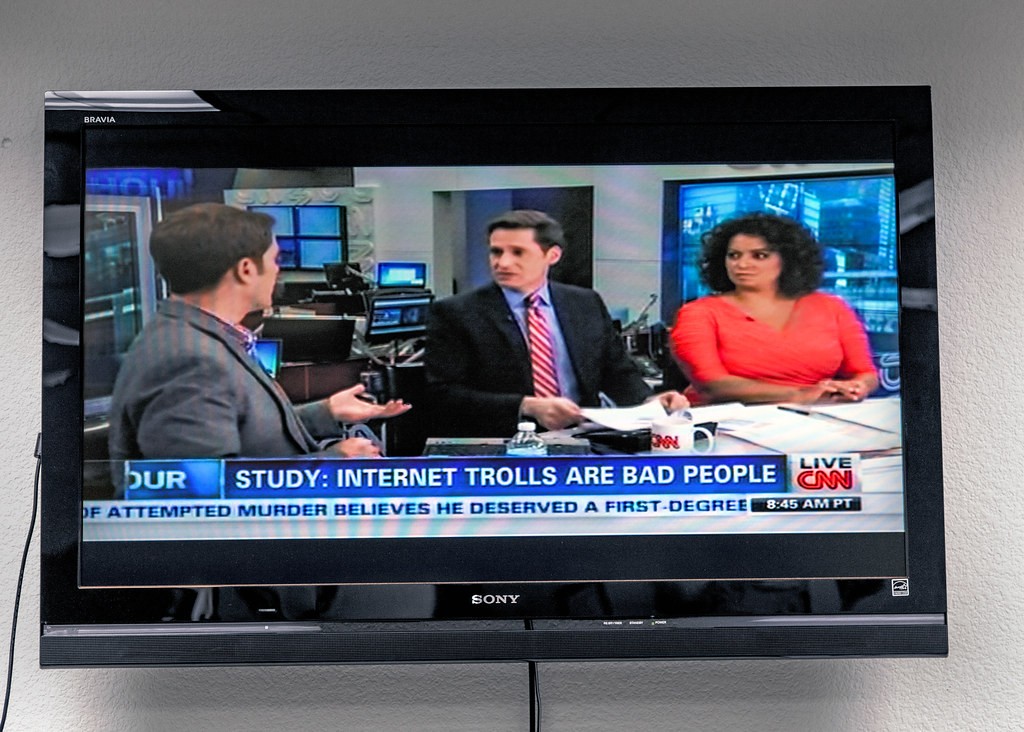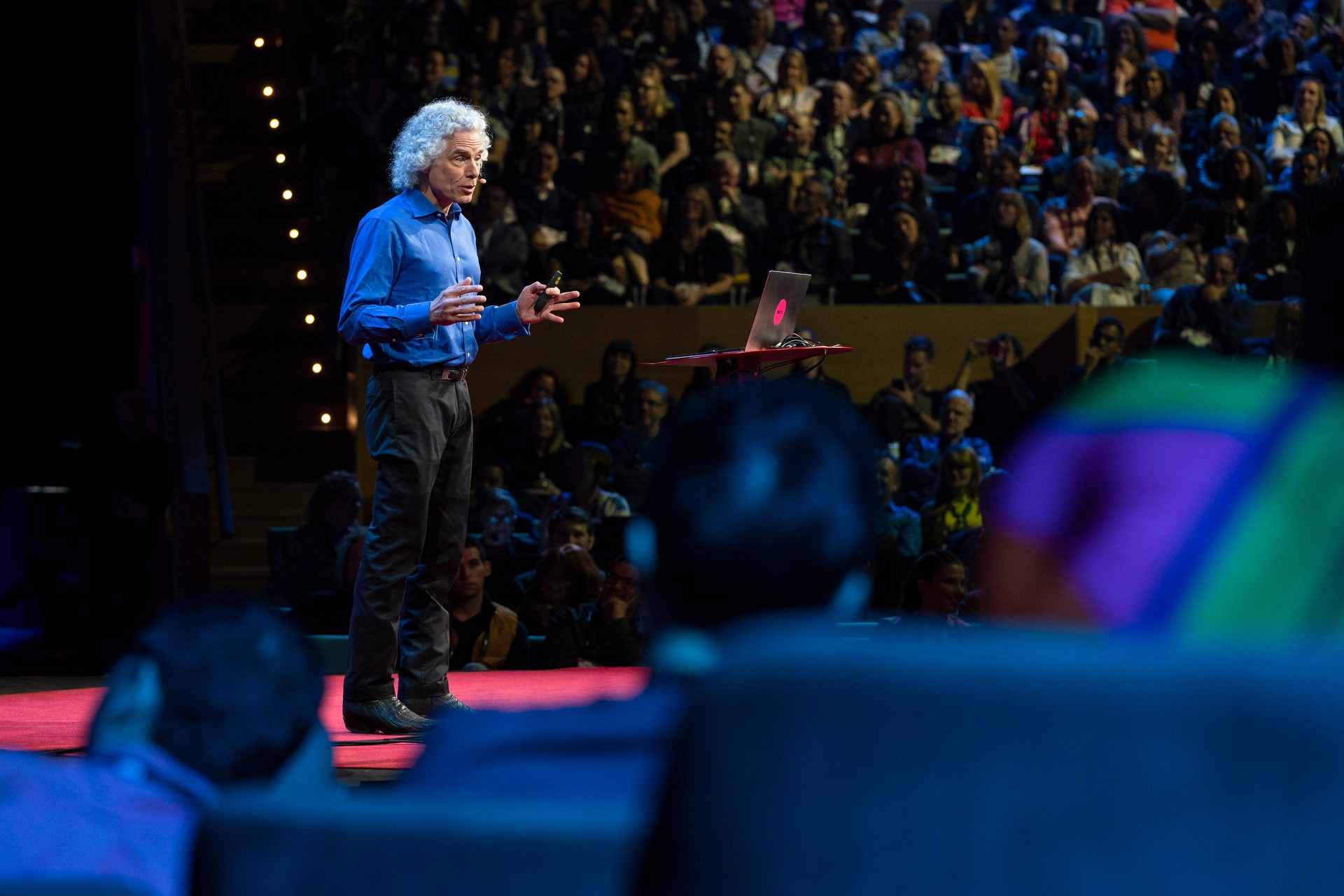Let’s face it, Peter Pan had the right idea about things. To live forever in childhood innocence sounds like bliss, but sadly flying off to Neverland to escape the carnage we’ve watched unfold in the last year is a luxury restricted to fictional characters.
For us, the rose-tinted sunglasses of nostalgia will have to suffice. Through films, music, and literature, we can immerse ourselves in the swinging sixties, the glam rock excitement of the seventies, the rock ‘n’ roll thrill of the eighties or the pop culture boom of the nineties. After the world was turned on its head by the global pandemic, the old days seem like a safe place to hide from the challenges we now face. However, all is not as bad as it seems. History has proven that it is within our nature to make progress, even in times of hardship, if we come together and strive to create a better world.
It’s a simple concept, humans procreating and passing on the gift of existence, and something we all too often take for granted. It’s a little crazy when you think about it. Your lineage dates back hundreds of years; your ancestors have survived every war and famine humanity has faced. If they can power through a Viking invasion with nothing but a goat to keep them alive, our developed and technology-mad society can sure as hell conquer whatever problems may come our way today.
This optimism is exactly what psychologist Steven Pinker presents in his 2017 book Enlightenment Now, whose research on the human condition has revolutionised perspectives of the most pessimistic among us. It may seem like the world is ending, but progress, however small it may seem, is an innate part of human nature. Progress can and will be made, if we remember what humanity has achieved in the past. Individually and as a society we are more equipped than ever before to overcome the obstacles we face. The past may seem simple and peaceful, but I think we’d all rather come together and combat our problems than face a Viking invasion any day.

If it bleeds, it leads
The news, however, doesn’t paint a very optimistic picture. With the media telling us of misfortune happening across the globe, it’s hard to see the slivers of hope hidden within the madness. But then again, that’s the nature of news broadcasting. Sensationalist headlines cater to our pessimistic habit of focusing on the negatives and, although informative, create a dystopian outlook on current events that eclipses the light trying to break through.
The world may be burning; immigration may be high and lives are being lost to war — but combating includes movements of positivity, inclusivity, system change, and humanitarian. These things deserve the spotlight as much as their negative counterparts. These processes don’t happen overnight. They take time, hard work, and dedication — so you wouldn’t expect them to headline the six o’clock breaking news.
Being informed is important, but so is perspective. Historically we have a habit of looking to political figures to solve our problems during times of discontent; consider the elections of Adolf Hitler, Margaret Thatcher, and more recently Donald Trump. At the time of his election, the media was rife with gun violence, gangs, and drugs — all things on which his campaign thrived — allowing him to advocate for ruthless system change as a solution. We all know how well that went.

The Values of Enlightenment
Pinker has a different idea. Positive action is happening at rates never seen before in humanity. If we tweak our perspective when exploring world affairs, we can put our extensively developed minds to good use — for the betterment of everyone.
It all starts with the values of Enlightenment: science, reason, and humanity. Enlightenment is something you might vaguely remember being mentioned in an English Literature lesson, or as a late eighteenth-century painting of men debating in wigs and tailcoats. The reality is far more interesting.
Enlightenment thinkers sought a new way to understand the human condition, with a focus on scientific research as opposed to religious belief. It was a revolutionary perspective that was a major building block for society as we know it today. Enlightenment thinkers believe if we combine the values of reason, science, and humanity then we can’t fail to make progress; which historical data can prove.

Science, reason, humanity, and progress: the (revised) four horsemen of the apocalypse
Science
Firstly, science. Don’t worry, this won’t turn into a chemistry lecture. The value of science as part of enlightenment is that it allows us to understand how ourselves — and the world around us — works, so we can apply this for the betterment of humanity.
Take smallpox for example. In the twentieth century alone this disease killed 300-million people until scientific research gave us a lifesaving vaccine. We know more than ever before about what makes our brains tick, we understand mental health and physiological conditions so people are no longer locked in an attic if they’re mentally unwell. We’ve discovered the history of our evolution and the DNA inside us, which has allowed for medicinal research and progression that, even 100 years ago, we could never have imagined. To put it simply, humans are really clever… most of the time. For science to be utilised correctly, reason must be applied to the research.
Reason
Everyone is reasonable, right? It’s a reasonable decision to stroke a cute dog, but not so reasonable to stroke a lion. However, there are plenty of people out there who’ve lost an arm in just such a decision-making situation. The place of reason in enlightenment lies in the reasonable application of research — to the correct places it’s needed in society.
On space missions we learn more about our universe and its infinite possibilities, which is very reasonable. Mr. Branson, owner of Virgin, spent $841 million on his little jaunt to the edge of space which, some may argue, is an unreasonable use of a horrendous amount of money. Not that I’m biased at all.
Reason is to some extent down to the individual perspective; but if we universally trust in empirical research and logical analysis, then humanity will thrive. By using reason, we trust in scientific fact, and put our skills and knowledge to the best use — ie. to the people and areas of the world which need it most. This will undoubtedly result in progress.

Humanity
Humanity is perhaps the most important value of enlightenment, as without it, the benefits of science and reason have zero impact. But, as a global society— it happens to be the most difficult to strive for. Greed and lust are innate parts of human nature. Many struggle to overcome them and see the bigger picture. This limits the success of global progress.
Humanity includes human empathy and equality, our integral link to the natural world, and the importance of communication and collaboration. In the wake of the atrocities witnessed during WWII, 193 countries joined forces to form the United Nations — which established the Universal Declaration of Human Rights. This was a huge step taken in acknowledging the basic human rights of every person on this planet. It gave countries a goal to strive towards — and aid to help them achieve it.
Without humanity, the world would have exploded with bioweapons instead of curing disease. That being said, there is obviously still a long way to go. By applying the knowledge of science and reason to humanitarian action, we can excel as a species that considers, not one that destroys and annihilates.
Progress
Now, the key to it all: progress. All is for nothing if we are not making progress, which applies to both the individual and society. Believe it or not, even in the wake of the COVID-19 pandemic, society is still making progress. In fact we have been progressing for the past hundred odd years.
Steven Pinker, in his 2018 Ted Talk, compared data from contemporary global society to thirty years ago; in areas like crime, homicide, war, poverty, life expectancy, and happiness. In every one of them, society is in a better place now than it was in the past. As Barack Obama put it: “if you had to blindly choose what moment you’d be born in, you’d choose now”.
There’s no denying that we still have problems, and many of them, but we also have the ability to fix them if, and only if, we apply the values of enlightenment. Look at our progress we have made in health care, technology, and social care. These are exemplary of the endless limitations Enlightenment can provide.
Looking to the future
Enlightenment means a change of perspective. You may remember #natureishealing taking the internet by storm during the pandemic; as satellites documented the lack of cars on the roads, and shutdowns of factories, all giving the earth a much-needed breather.
The impact on the environment is one of the shining beacons of hope coming out of the pandemic, with CO2 emissions reducing to record breaking levels, down by 5-10% in New York, one of the world’s busiest cities. Air quality has improved dramatically across the globe, particularly in China and India, where the air was choked with fumes and emissions, before demand for coal and fuel spending decreased. With these benefits in mind, the pandemic could be the turning point in environmental awareness — if we learn from the changes that occurred during the pandemic, and strive to keep making progress.
It’s sometimes easier to focus on the negatives. To let our natural inclination for pessimism cloud our perspective. It’s true, there is plenty wrong with the world; the loss of life, impact on the economy, and mass unemployment. But beneath their shadows, new shoots are pushing through towards the light.
Outdated systems of nine-to-five working days are being revised; allowing families to spend more time together, and people to take care of their mental well-being. Communities have never been more united than when the world was plunged into lockdown — with voluntary aid receiving thousands of applicants. The support and appreciation of our health services never being higher.
Each of us looked out for the most vulnerable by sheltering from friends and families for months, sacrificing our social lives and livelihoods to keep other people safe. We were mindful of the importance of humanity, making reasonable decisions for the betterment of ourselves and others. Science has begun to fight back with the mass distribution of COVID-19 vaccinations, increasing the safety of millions across the globe and paving the way for the new normal to emerge.
The values of Enlightenment are the very foundations of progress. With them as building blocks; we can strive for an equal, fair, and prosperous global society — such as has never been seen before.





